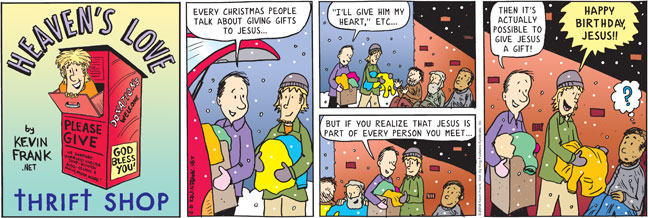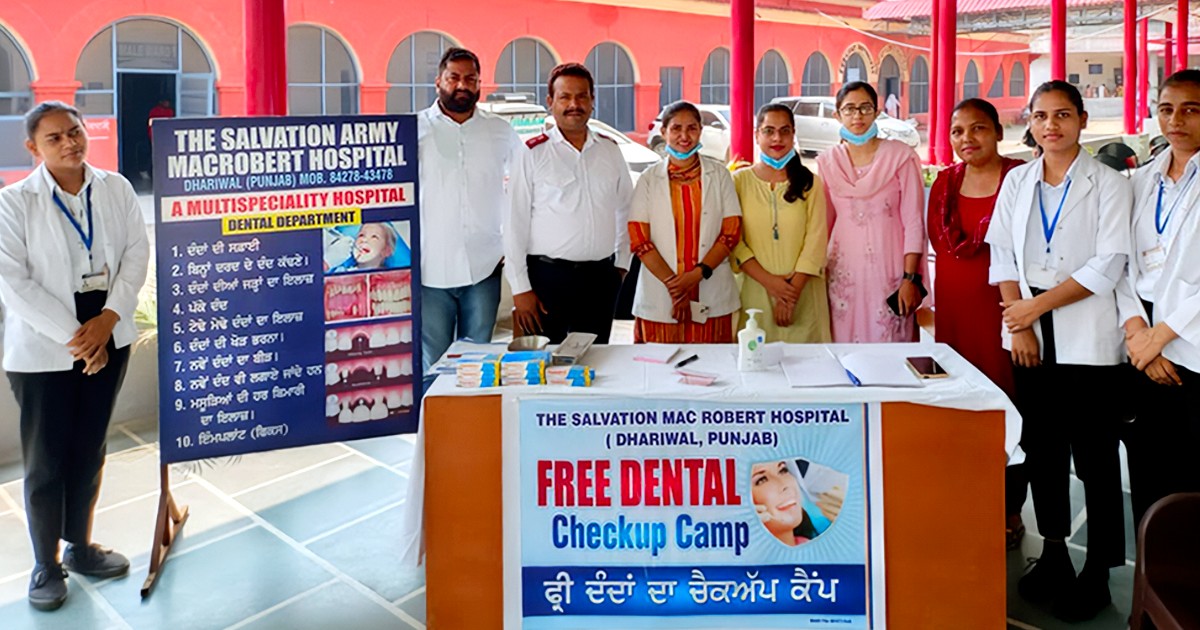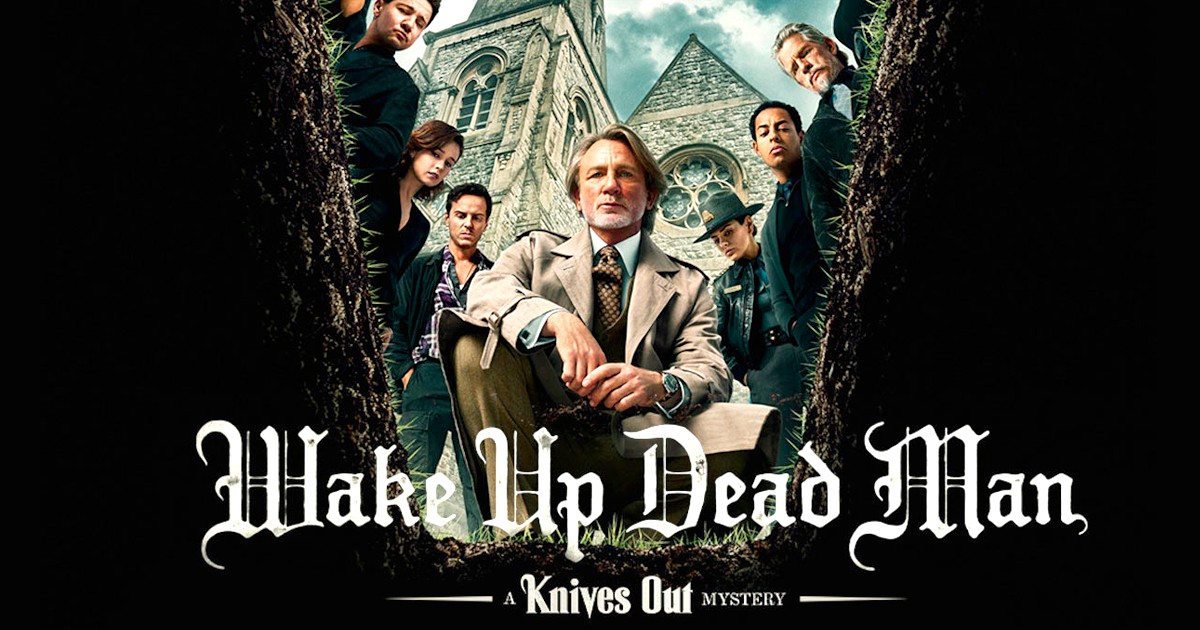Joe Hill was a social activist who had a chip on his shoulder against organized religion. In 1911, he wrote a song parodying the hymn In the Sweet By and By, in which he coined the phrase “pie in the sky by and by”:
Long-haired preachers come out every night
Try to tell you what's wrong and what's right
But when asked how 'bout something to eat
They will answer in voices so sweet
(chorus)
You will eat, by and by
In that glorious land above the sky
Work and pray, live on hay
You'll get pie in the sky when you die
Church Firsts
I don't know what prompted Joe to be so antagonistic toward organized religion but I suspect it was because he felt that churches rarely protest the establishment or feud with governments over practical matters that need to be addressed, such as poverty or corruption.
But Joe had it wrong.
Far from being pie-in-the-sky organizations, churches over the centuries have shown themselves to be very much down-to-earth.
In the early church, ministries of healing and of hospitality were routinely carried out. The Apostles healed the sick. Believers shared their possessions. The church organized feeding programs for widows. Christianity was a practical religion from the very beginning.
Later on, during the Middle Ages, monks and nuns took sick and hurt pilgrims into their monasteries and nursed them back to health. The first hospitals were built and staffed by dedicated Christians, and it was the church that provided education for the poor. More recently, organizations such as the YMCA and AA were begun by Christians.
Why? Throughout history, Christians have taken to heart Jesus' words: “For I was hungry and you gave me something to eat, I was thirsty and you gave me something to drink ... I needed clothes and you clothed me, I was sick and you looked after me, I was in prison and you came to visit me” (Matthew 25:35-36).
Jesus' Jewish religion taught its people to care for the less fortunate of society. And when He began His ministry, Jesus often focused on the needs of those without. To the Pharisees, He said, “Be generous to the poor” (Luke 11:41 TNIV). To His disciples, Jesus said, “Sell your possessions and give to the poor” (Luke 12:33).
So it's not surprising that in Matthew 25, Jesus went on to say that humankind's eternal destiny would be determined by how we treated those in need. Jesus so closely identified with them that He said, “I tell you the truth, whatever you did for one of the least of these brothers and sisters of mine, you did for me” (Matthew 25:40).
In effect, Jesus is part of every person we meet who needs help.
So this Christmas, let's dish out generous portions of practical pie. Volunteer on the Salvation Army kettles, help out at a soup kitchen, donate new or gently used clothes. Give generously.
What better way to celebrate the holiday than to give something directly to Him.
Happy birthday, Jesus!
Long-haired preachers come out every night
Try to tell you what's wrong and what's right
But when asked how 'bout something to eat
They will answer in voices so sweet
(chorus)
You will eat, by and by
In that glorious land above the sky
Work and pray, live on hay
You'll get pie in the sky when you die
Church Firsts
I don't know what prompted Joe to be so antagonistic toward organized religion but I suspect it was because he felt that churches rarely protest the establishment or feud with governments over practical matters that need to be addressed, such as poverty or corruption.
But Joe had it wrong.
Far from being pie-in-the-sky organizations, churches over the centuries have shown themselves to be very much down-to-earth.
In the early church, ministries of healing and of hospitality were routinely carried out. The Apostles healed the sick. Believers shared their possessions. The church organized feeding programs for widows. Christianity was a practical religion from the very beginning.
Later on, during the Middle Ages, monks and nuns took sick and hurt pilgrims into their monasteries and nursed them back to health. The first hospitals were built and staffed by dedicated Christians, and it was the church that provided education for the poor. More recently, organizations such as the YMCA and AA were begun by Christians.
Why? Throughout history, Christians have taken to heart Jesus' words: “For I was hungry and you gave me something to eat, I was thirsty and you gave me something to drink ... I needed clothes and you clothed me, I was sick and you looked after me, I was in prison and you came to visit me” (Matthew 25:35-36).
Jesus' Jewish religion taught its people to care for the less fortunate of society. And when He began His ministry, Jesus often focused on the needs of those without. To the Pharisees, He said, “Be generous to the poor” (Luke 11:41 TNIV). To His disciples, Jesus said, “Sell your possessions and give to the poor” (Luke 12:33).
So it's not surprising that in Matthew 25, Jesus went on to say that humankind's eternal destiny would be determined by how we treated those in need. Jesus so closely identified with them that He said, “I tell you the truth, whatever you did for one of the least of these brothers and sisters of mine, you did for me” (Matthew 25:40).
In effect, Jesus is part of every person we meet who needs help.
So this Christmas, let's dish out generous portions of practical pie. Volunteer on the Salvation Army kettles, help out at a soup kitchen, donate new or gently used clothes. Give generously.
What better way to celebrate the holiday than to give something directly to Him.
Happy birthday, Jesus!










Leave a Comment